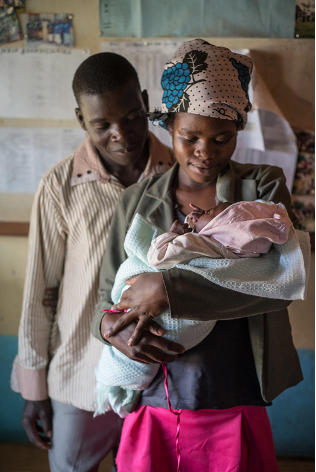Caregivers, as the main providers of nurturing care, play an important role in ensuring a child’s optimal development. However, caregivers face many challenges providing adequate nurturing care to their children, requiring both tangible (i.e., food, money, assets) and intangible (i.e., mental health, social support) resources and support to care for their child as well as themselves. USAID and USAID Advancing Nutrition curated this focused set of resources to inform and guide USAID implementing partners to design and implement more tailored, age-specific infant and young child feeding and responsive care and early learning programming during the first two years of a child’s life.
As part of the effort, we have compiled a few key resources for implementers to review and consider to support caregivers in caring for themselves and their children, including resources on how to understand and measure resources required to provide optimal care, how to train frontline providers to support caregiver well-being, and how to engage men and other family members to support primary caregivers (often women) throughout the program cycle.



